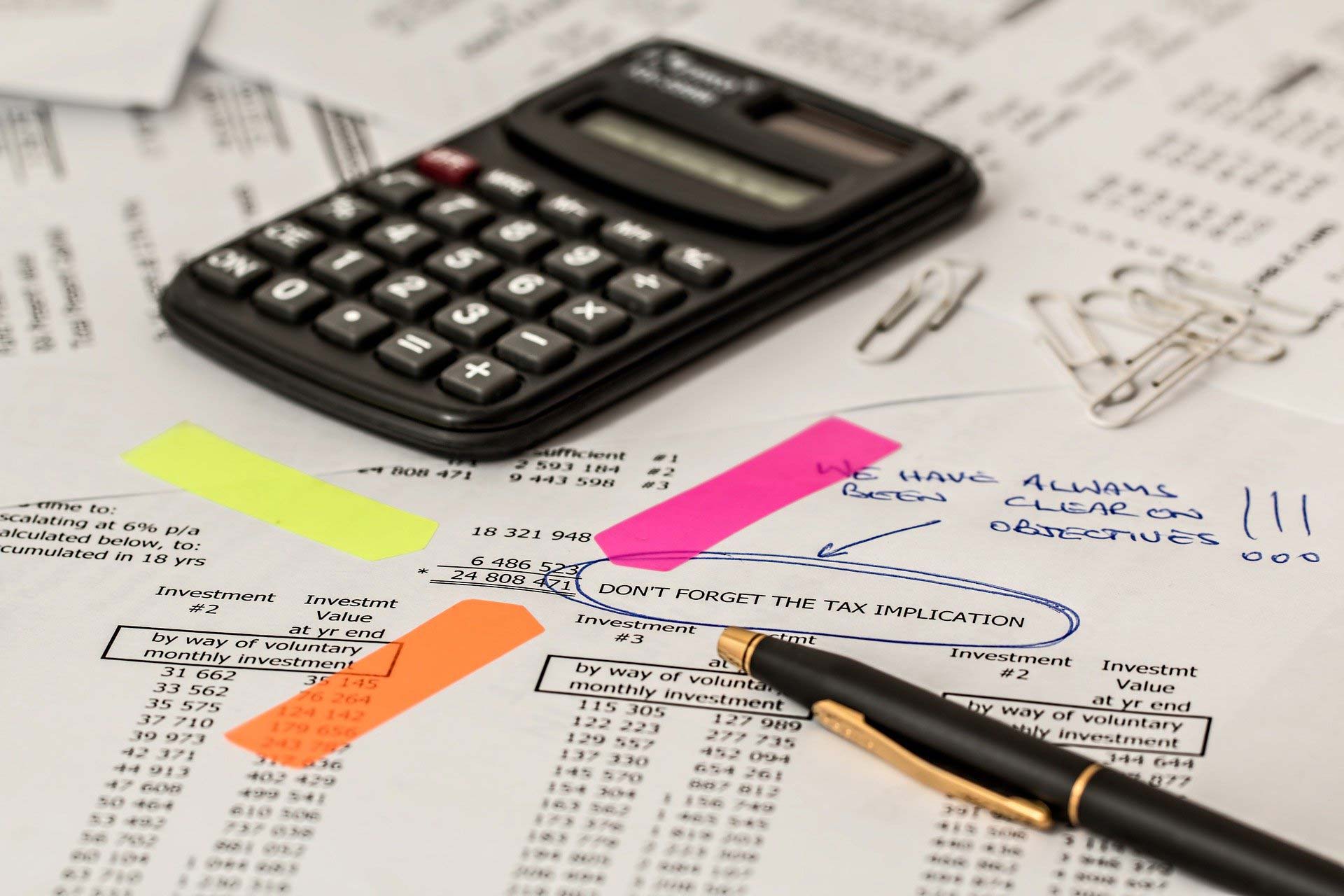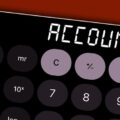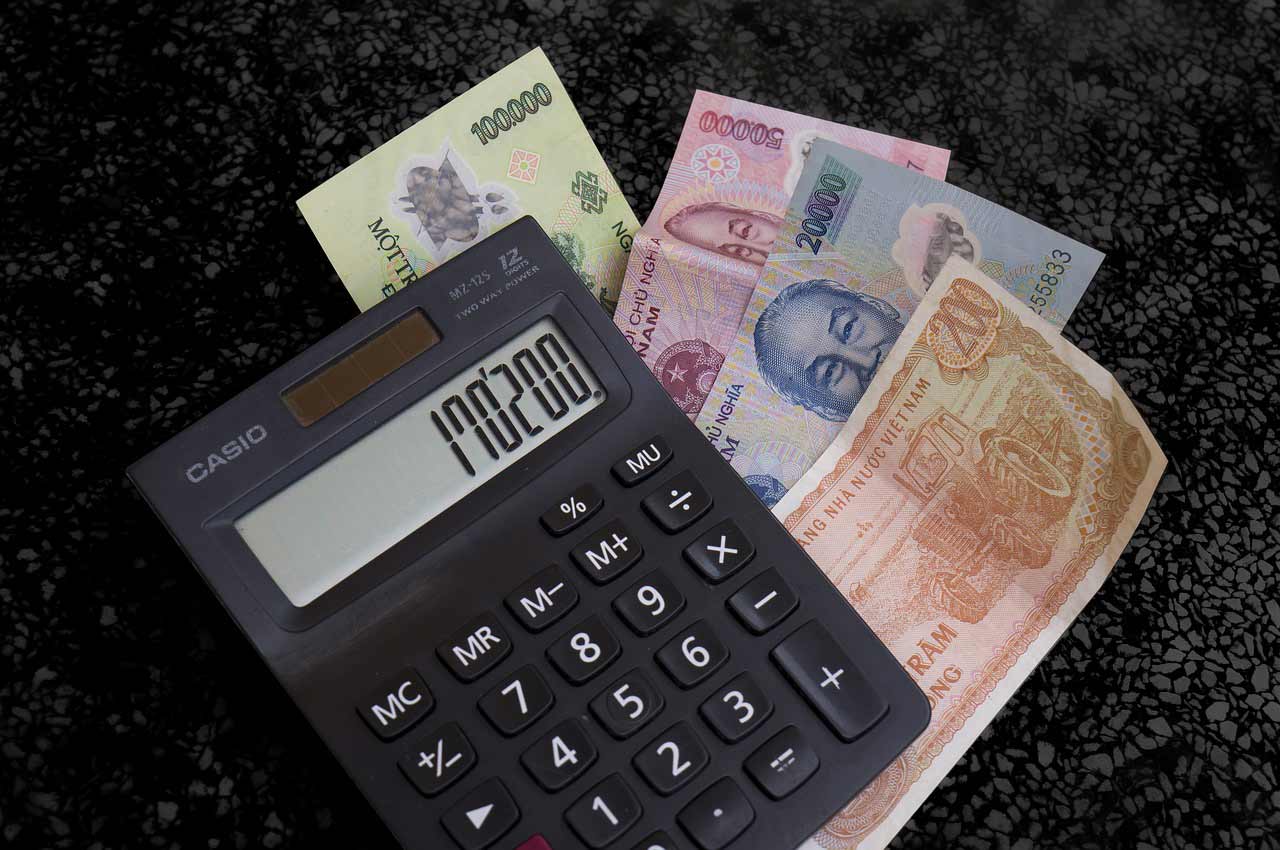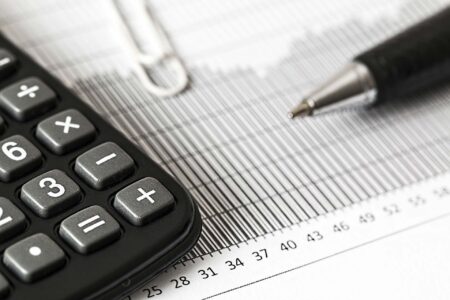In Vietnam,Vietnam Accounting StandardIt is necessary to prepare financial statements in accordance with (VAS: Vietnam Accounting Standards). In Vietnam, it will be the most used in the world by 2025.International financial reporting standards(IFRS: International Financial Reporting Standards) is under consideration.
Understanding of accounting standards and accounting system is very important for doing business in Vietnam. Understanding your accounting rules so that you can develop a rational strategy can help you execute an efficient business strategy. So this timeVietnamese accounting systemI would like to introduce the outline of.
Vietnam Accounting Standards Overview
Local and foreign-invested companies operating in the country are required by law to comply with Vietnamese Accounting Standards (VAS) when recording financial transactions.
In fact, many foreign-affiliated companies apply accounting systems in line with VAS and amend them quarterly to International Financial Reporting Standards (IFRS) or national accounting standards for parent company reference. going.
Foreign currencies that foreign-affiliated companies can select are foreign currencies in addition to the Vietnamese dong (trades that handle a lot of foreign currencies). However, if a foreign currency is chosen as the currency unit, you must continue to prepare your financial statements in the foreign currency of your choice. Changing the currency unit is limited to special circumstances, such as when there is a significant change in the company's transactions, so be careful when starting a business. It is also necessary to keep in mind that even if the currency unit is a foreign currency, it must be converted into Vietnamese Dong before it is submitted to the Vietnamese authorities.
VAS requires the following accounting records:
- Vietnamese (can be written together with a foreign language)
- Vietnam Dong (VND) is used as the currency, and foreign-affiliated companies (FIE: Foreign Invested Enterprises) can select the foreign currency
- Vietnam Chart of Accounts Compliance
Vietnam accounting period
The accounting period in Vietnam is usually from January 1st to December 31st. However, you can set your own accounting period for a 12-month period beginning on the first day of each quarter. It can be set as April 1st to March 31st, July 1st to June 30th, and October 1st to September 30th.
It is important to confirm that it complies with Vietnamese accounting standards
Foreign-affiliated companies should regularly reconfirm their accounting standards and pay attention to whether they are not in compliance with Vietnam Accounting Standard VAS or whether they are illegal. Recently, cases of additional taxation and collection of VAT refunds are not uncommon due to the violation of Vietnam Accounting Standard VAS.
All foreign-invested companies must be audited by an independent audit firm. Vietnamese statutory audits must be conducted in accordance with Vietnam Auditing Standards and approved by the Accounting Auditor.
The audited financial statements must be submitted and finalized within 90 days of the end of each fiscal year. Many foreign-affiliated companies close their accounts in December, and dare to set a month other than December as the closing month, which can reduce the fees paid to audit firms.
Comparison of accounting standards and accounting periods in Vietnam with Japan
| Japan | Vietnam | |
|---|---|---|
| Accounting period | freedom | Principle: January-December Exception: quarterly |
| Accounting standards | Japanese accounting standards (Corporate Accounting Principles) | Vietnam Accounting Standards (VAS) IFRS introduction 2025 ~ |
| Functional currency | JPY | Vietnamese dong Some foreign-affiliated companies: Foreign currency |
| Document storage | 7 or 10 years | 5 or 10 years, permanent |
If you have any problems with accounting, please feel free to contact us.

Residential land and building trader. After working at the largest Japanese accounting office in Hong Kong, he was founded independently in Vietnam.
In Ho Chi Minh City, together with fellow Vietnamese accountants, we provide real estate, accounting, taxation, auditing, and one-stop services to foreign-affiliated companies including Japanese companies.
Related article
 Difference between VAS and IFRS: Introducing the characteristics of accounting standards in Vietnam (display of financial statements and account code)
Difference between VAS and IFRS: Introducing the characteristics of accounting standards in Vietnam (display of financial statements and account code)
 Vietnam Ministry of Finance has a policy of making International Financial Reporting Standards (IFRS) and International Accounting Standards mandatory (2025)
Vietnam Ministry of Finance has a policy of making International Financial Reporting Standards (IFRS) and International Accounting Standards mandatory (2025)
 Differences in recognition of IFRS and VAS for each accounting account | Toward the Accounting Department / Chief Accountant
Differences in recognition of IFRS and VAS for each accounting account | Toward the Accounting Department / Chief Accountant
 Vietnam's overseas remittances, audits and taxes | Explain tax returns and penalties!
Vietnam's overseas remittances, audits and taxes | Explain tax returns and penalties!
 Vietnamese accounting, bookkeeping and currency
Vietnamese accounting, bookkeeping and currency
 Vietnam Audit | Compliance Guide for Foreign Companies / Investors / Representative Offices
Vietnam Audit | Compliance Guide for Foreign Companies / Investors / Representative Offices
 Vietnam's financial audit, tax audit | Points to note for companies
Vietnam's financial audit, tax audit | Points to note for companies
 Process of performing remittance from within Vietnam
Process of performing remittance from within Vietnam
 Vietnamese Foreigner's Personal Income Tax (PIT)
Vietnamese Foreigner's Personal Income Tax (PIT)
 Vietnam Permanent Establishment (PE) Tax Risks | Global Companies Beware of Permanent Establishment Handling
Vietnam Permanent Establishment (PE) Tax Risks | Global Companies Beware of Permanent Establishment Handling
 Minimum capital requirement in Vietnam | Foreign companies (limited companies, corporations, representative offices)
Minimum capital requirement in Vietnam | Foreign companies (limited companies, corporations, representative offices)
 How to reduce business, expenses and costs of Vietnamese small and medium enterprises
How to reduce business, expenses and costs of Vietnamese small and medium enterprises

